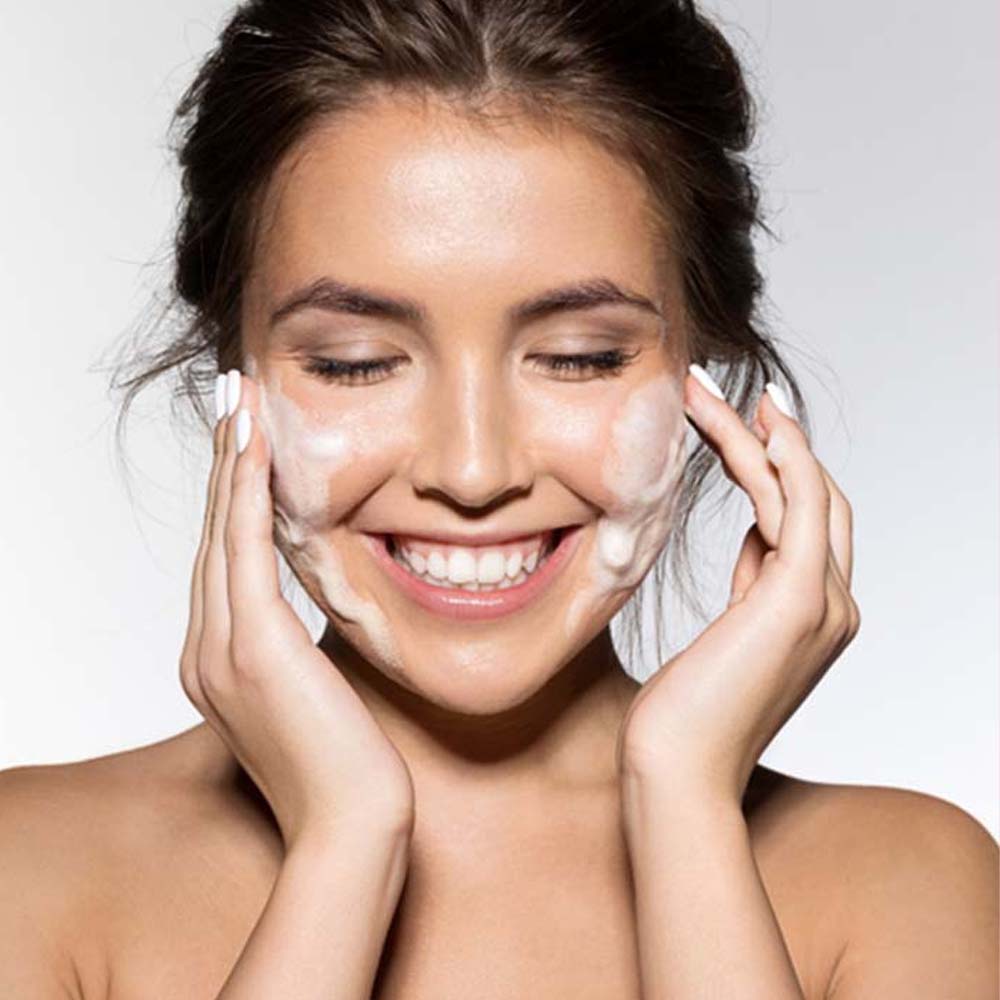Toners have become an essential step in many people's skincare routines, and for good reason. Not only do they help to balance the skin's pH levels, but they also aid in removing any residual dirt or makeup left behind after cleansing, and provide an extra layer of hydration. There are toners available for different skin concerns. Whether you have oily, dry, or sensitive skin, there's a toner out there for you. But how do you use facial toners correctly, and what are some top hacks to help you get the most out of them? In this blog, we'll explore these questions and more.
The best toners for different skin types are as follows:
For Oily Skin:
If you struggle with oily skin, look for a toner that contains salicylic acid. This ingredient helps to unclog pores, control oil production, and prevent breakouts. Some popular toners for oily skin include the Bio:cule Oil Clear Clarifying Toner & the True Kind BHA & Tea Tree Acne Clearing Toner/Essence.
For Dry Skin:
If your skin is dry or dehydrated, look for a toner that contains hydrating ingredients such as hyaluronic acid or glycerin. These ingredients help to boost moisture levels and improve the skin's overall texture. Some popular toners for dry skin include the HaruHaru Wonder Black Rice Hyaluronic Toner & the Plum Bulgarian Valley Rose Water Toner.
For Sensitive Skin:
If you have sensitive skin, it's important to look for a toner that is gentle and fragrance-free. Look for toners that contain soothing ingredients such as chamomile, aloe vera, or green tea. Some popular toners for sensitive skin include the Plum Green Tea Alcohol-Free Toner & the Plum Chamomile & White Tea Calming Antioxidant Toner.
For Combination Skin:
If you have combination skin, look for a toner that can balance out the skin's oil and moisture levels. Look for toners that contain ingredients such as niacinamide or tea tree oil, which can help to regulate oil production and prevent breakouts. Some popular toners for combination skin include the Pulp Cosmic Dew - Skin Purifying Toner With AHA, BHA & PHA.

How to use Facial Toners
Step 1: Cleanse your face with a gentle cleanser suitable for your skin type. Rinse with lukewarm water and pat dry with a soft towel.
Step 2: Apply a small amount of toner to a cotton pad or ball. It's important not to use too much as this can lead to dryness or irritation.
Step 3: Sweep the cotton pad or ball across your face, making sure to cover all areas. Avoid the eye area as toners can be too harsh for this sensitive skin.
Step 4: Wait a few minutes for the toner to fully absorb into your skin before continuing with the rest of your skincare routine.

Top hacks for toners explained
1. Use a facial mist instead of a cotton pad to apply your toner. This method not only saves on product wastage, but it also provides an extra layer of hydration to the skin.2. Chill your toner in the fridge before use. This can help to soothe and refresh the skin, particularly on hot summer days.
3. Use your toner as a DIY sheet mask. Soak a few cotton pads in toner, apply to your face, and leave on for 5-10 minutes before removing.
4. Apply your toner before your serum. This helps to prep the skin and allows the serum to better penetrate and absorb into the skin.
5. Use a toner with exfoliating properties to gently slough away dead skin cells and reveal smoother, brighter skin.
6. By layering your toner multiple times, your skin gets used to absorbing more hydrating ingredients one layer at a time, ultimately giving you more hydrated and healthy skin. For dehydrated skin, Aditya Kapoor who has her own page ‘Cosmyst’ on Instagram suggests the 7 step toner method as it has helped her skin greatly.
7. Diksha, who is an active part of our Sublime Skincare Community suggests that using a toner just after washing her face, immediately on damp skin has helped her skin greatly.
In conclusion, toners are a versatile and valuable addition to any skincare routine. By following the correct steps and incorporating some of these top hacks, you can achieve optimal results and enjoy healthy, glowing skin.
- Harshita Shah










